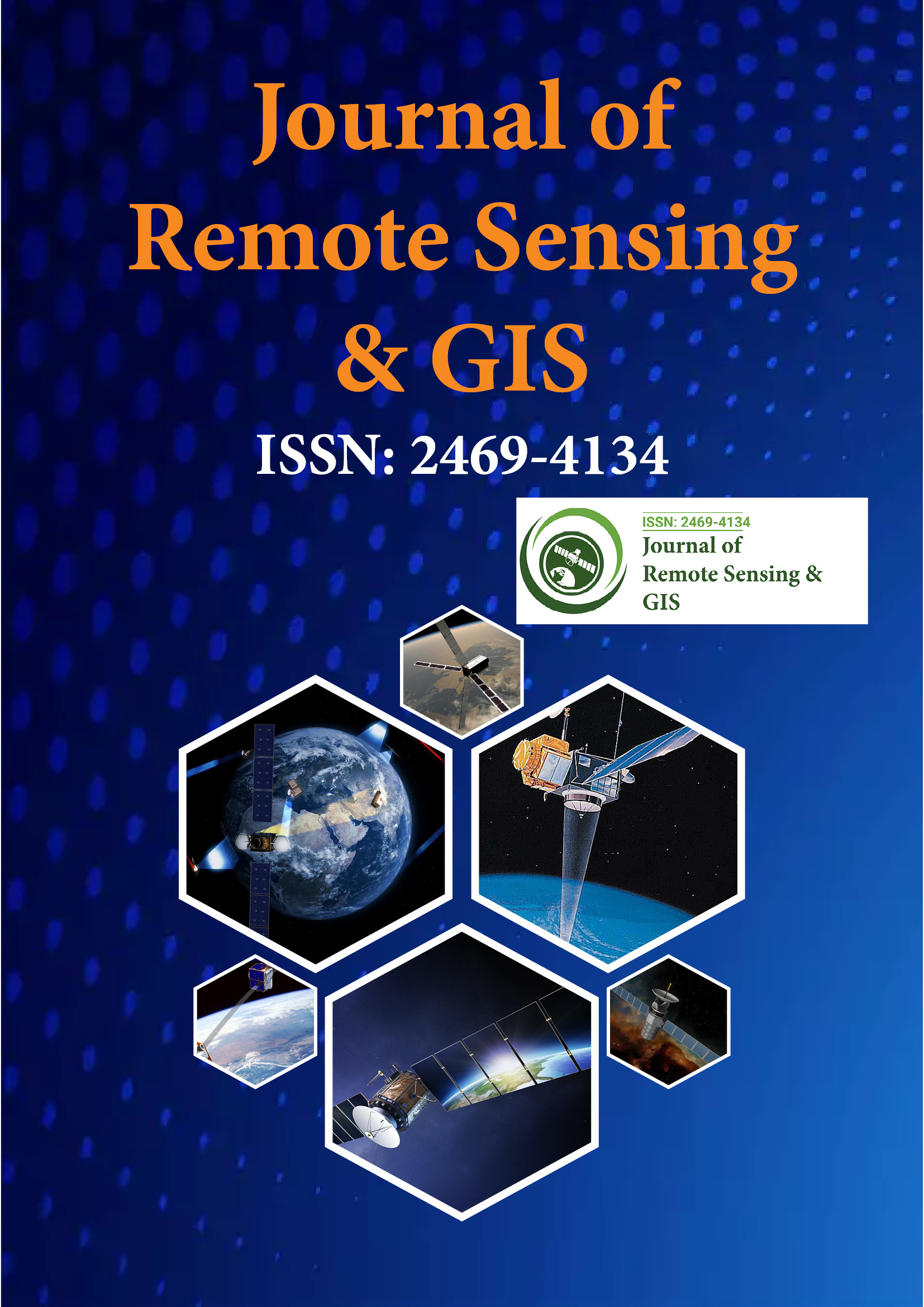зҙўеј•дәҺ
- жү“ејҖ J й—Ё
- еҸӮиҖғжҗңзҙў
- е“Ҳе§ҶиҫҫеӨ§еӯҰ
- дәҡеҲ©жЎ‘йӮЈе·һEBSCO
- OCLC-WorldCat
- жҷ®еёғйҡҶж–Ҝ
- еӣҪйҷ…科еӯҰзҙўеј•
- 欧жҙІй…’еҗ§
- и°·жӯҢеӯҰжңҜ
жңүз”Ёзҡ„й“ҫжҺҘ
еҲҶдә«жӯӨйЎөйқў
жңҹеҲҠдј еҚ•

ејҖж”ҫиҺ·еҸ–жңҹеҲҠ
жҠҪиұЎзҡ„
еҲ©з”Ёең°зҗҶз©әй—ҙжҠҖжңҜзӣ‘жөӢеҹғеЎһдҝ„жҜ”дәҡиҘҝеҚ—йғЁзҡ„жЈ®жһ—з Қдјҗжғ…еҶө
Kero Alemu DananoгҖҒAbiyot Legesse е’Ң Dereje Likisa
зҺүзұіжЈ®жһ—з ҚдјҗжҳҜең°зҗғдёҠдё»иҰҒзҡ„зҺҜеўғй—®йўҳд№ӢдёҖпјҢеҜјиҮҙеңҹең°йҖҖеҢ–е’Ңж°”еҖҷеҸҳеҢ–гҖӮеҹғеЎһдҝ„жҜ”дәҡжӣҫжҳҜеҗ„з§ҚеҠЁжӨҚзү©зү©з§Қзҡ„家еӣӯгҖӮ然иҖҢпјҢе°Ҫз®Ўдәә们еҠӘеҠӣйҖҡиҝҮеӨ§и§„жЁЎеҠЁе‘ҳжҒўеӨҚжЈ®жһ—иө„жәҗпјҢдҪҶиҮӘжңҖиҝ‘д»ҘжқҘпјҢеӨ§еӨҡж•°зү№жңүеҠЁзү©е’Ңжң¬еңҹж ‘з§Қж•°йҮҸйғҪеңЁеҮҸе°‘гҖӮиҜҘз ”з©¶дҪҝз”Ё Landsat еӣҫеғҸд»ҘеҸҠз ”з©¶жүҖе®һең°и°ғжҹҘжқҘзӣ‘жөӢеҹғеЎһдҝ„жҜ”дәҡиҘҝеҚ—йғЁжЈ®жһ—з Қдјҗзҡ„ж—¶з©әеҠЁжҖҒгҖӮдҪҝз”Ёзӣ‘зқЈжңҖеӨ§дјјз„¶еҲҶзұ»з®—жі•д»ҘеҸҠеҚ«жҳҹеӣҫеғҸзҡ„и§Ҷи§үи§ЈйҮҠгҖӮз»“жһңиЎЁжҳҺпјҢ1987е№ҙиҮі2015е№ҙй—ҙпјҢеҶңдёҡз”Ёең°гҖҒзҒҢжңЁжһ—ең°е’Ңзү§еңәеҲҶеҲ«еўһеҠ дәҶ3715гҖҒ511е’Ң229е…¬йЎ·пјҢжЈ®жһ—йқўз§ҜеҲҷеҮҸе°‘дәҶгҖӮзӣёжҜ”д№ӢдёӢпјҢжһ—ең°еңЁеҗҢдёҖе№ҙд»ҪеҮҸе°‘дәҶ4455е…¬йЎ·пјҢдёүдёӘжЈ®жһ—зӣ‘жөӢжңҹпјҲ1987-2001е№ҙгҖҒ2001-2015е№ҙе’Ң1987-2015е№ҙпјүзҡ„жЈ®жһ—з ҚдјҗзҺҮеҲҶеҲ«дёә0.75%гҖҒ1.48%е’Ң1.119%гҖӮиҝҷдәӣеҸҳеҢ–зҡ„дё»иҰҒй©ұеҠЁеӣ зҙ жҳҜеҶңз”°жү©еј гҖҒз”ҹзү©иҙЁзҮғж–ҷгҖҒзү§еңәе’Ңеңҹең°з ҙзўҺеҢ–гҖӮдәәеҸЈеўһй•ҝе’ҢеҜ№жЈ®жһ—з Қдјҗзҡ„й•ҝжңҹеҗҺжһңзјәд№Ҹи®ӨиҜҶд№ҹжҳҜж №жң¬еҺҹеӣ гҖӮйҖ»иҫ‘еӣһеҪ’жЁЎеһӢиЎЁжҳҺпјҢжЈ®жһ—з ҚдјҗдёҺеқЎеәҰгҖҒжө·жӢ”гҖҒдёҺйҒ“и·Ҝи·қзҰ»гҖҒжЈ®жһ—иҫ№зјҳе’Ңжңқеҗ‘жңүе…ігҖӮи§ЈйҮҠеҸҳйҮҸзҡ„зі»ж•°иЎЁжҳҺпјҢжЈ®жһ—з Қдјҗзҡ„еҸҜиғҪжҖ§дёҺеқЎеәҰгҖҒжө·жӢ”гҖҒдёҺйҒ“и·ҜгҖҒжЈ®жһ—иҫ№зјҳе’ҢеқЎеҗ‘зҡ„и·қзҰ»е‘Ҳиҙҹзӣёе…ігҖӮжҖ»дҪ“з»“жһңиЎЁжҳҺпјҢжҸҗдҫӣжӣҝд»Јзҡ„з»ҸжөҺйҖ”еҫ„гҖҒжӣҝд»Јзҡ„зӮүзҒ¶жҠҖжңҜпјҢжҸҗй«ҳеҶңжқ‘дәәж°‘еҜ№жЈ®жһ—з Қдјҗзҡ„й•ҝжңҹеҪұе“Қзҡ„и®ӨиҜҶпјӣйңҖиҰҒж”ҝеәңжңәжһ„е’Ңйқһж”ҝеәңз»„з»Үзҡ„е…іжіЁгҖӮ